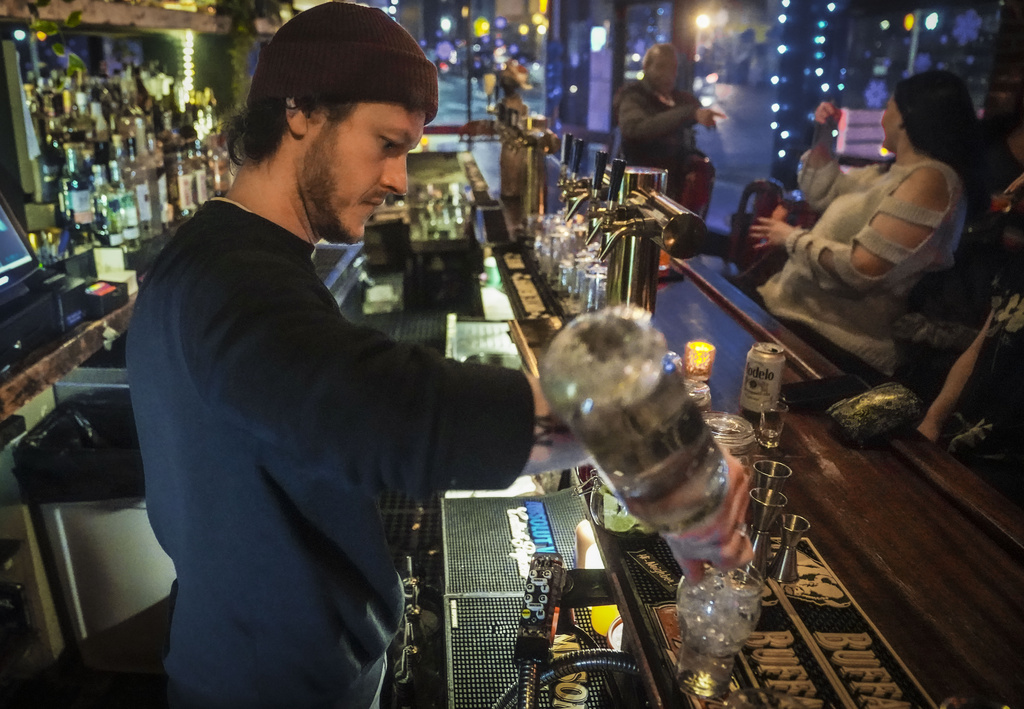A new bill proposed in New York aims to lift Prohibition-era bans on the sale of alcohol in six upstate towns, including Caneadea, Clymer, and Orwell. The bill is sponsored by Sen. James Skoufis and is intended to boost business in these towns. However, not everyone is in favor of the idea, with some town leaders arguing that there are more important issues to focus on, such as crime and affordability. Despite the opposition, the bill has advanced to a Senate vote and is awaiting further action.
Sen. George Borrello, who owns several restaurants, acknowledges that the liquor laws are outdated but does not see a pressing need for the bill at this time. He believes that if there is interest in opening businesses like breweries, distilleries, gas stations, or grocery stores, the towns would consider it. The proposed legislation seeks to override local rules prohibiting the sale of alcohol in towns such as Lapeer, Berkshire, and Fremont, with the goal of keeping residents from spending their money on food and drinks elsewhere.
Skoufis argues that the century-old ban on alcohol sales in these towns needs to be lifted, as residents often leave town to make their purchases. He believes that it is time for these hold-out towns to modernize and join the rest of the state in allowing alcohol sales. However, some local residents, including Caneadea’s deputy town supervisor Philip Stockin, are opposed to the bill. Stockin wants to keep the town dry due to concerns about public health issues related to alcohol consumption.
Former town councilmember Jeffrey Graham from Orwell believes that the area’s current lack of alcohol sales has little impact on its economy and does not see a pressing need for the bill. Even if the bill passes the Senate, it is expected to face opposition in the Assembly, where lawmakers are less inclined to take power away from local officials. Additionally, the populations of these dry towns are all under 2,000 residents, making the potential sales tax revenue boost for the state relatively insignificant.
The proposed bill to lift Prohibition-era alcohol bans in six upstate towns comes at a time when New York has also recently repealed a law banning adultery. Prohibition in New York lasted from 1920 to 1933, despite opposition from many residents. The ban was believed to reduce crime and improve health and morality, but ultimately failed in its objectives. Mob-controlled alcohol sales replaced legitimate businesses during the Prohibition era, leading to an increase in violence. The outcome of the bill to lift alcohol bans in these towns remains uncertain as it awaits further legislative action.















